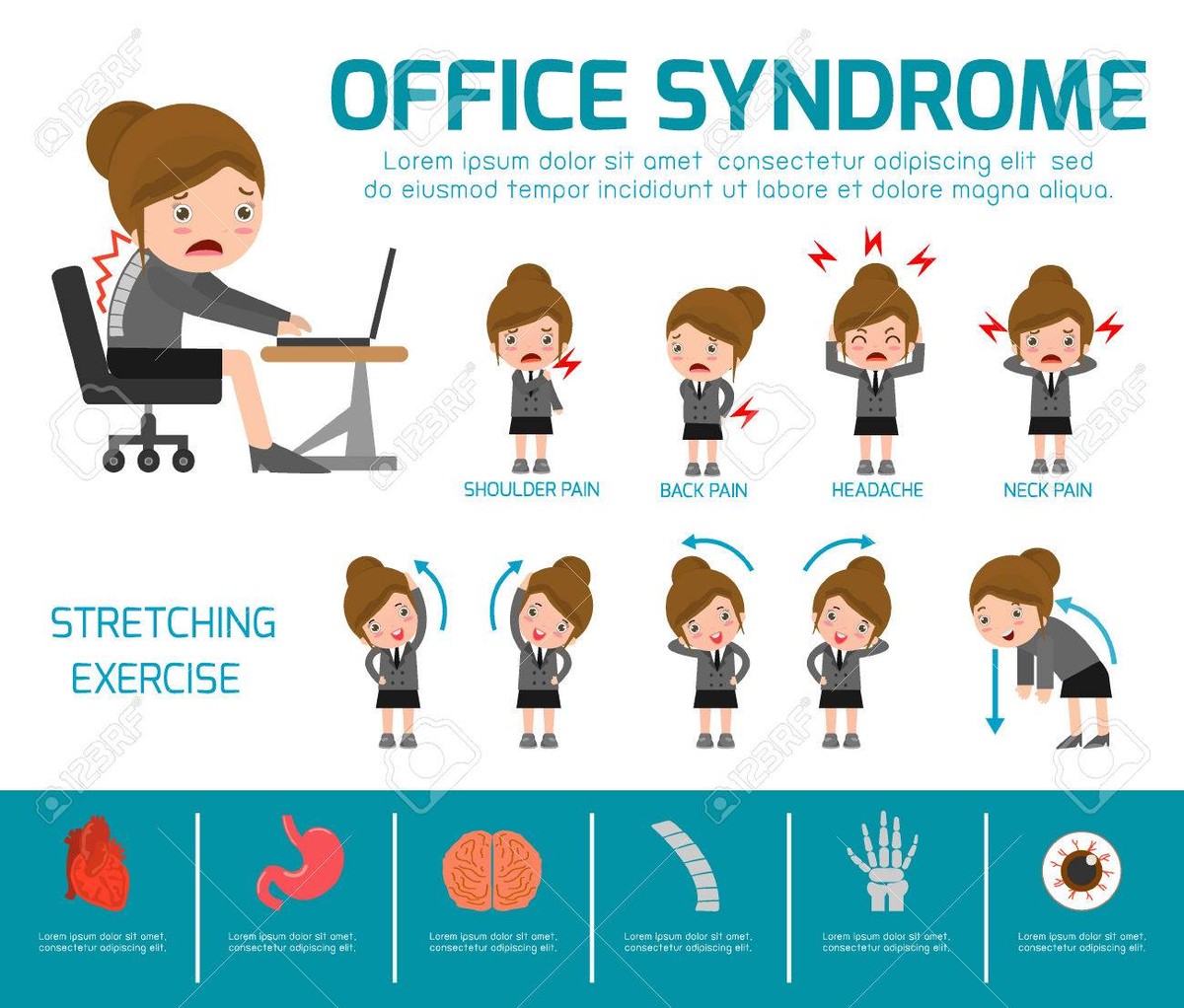
ADHD in adults, WFH makes people susceptible to ADHD, test yourself to see if you have these symptoms or not.
Many people have probably heard the name "ADHD" or Attention Deficit Hyperactivity Disorder,
that can be found in children over 4 years, but this sickness is not only found in children,
It can happen to "teenagers" and those of "working age" as well.
Allyson G. Harrison, Associate Professor of Psychology Queen's University, Ontario, Canada. wrote in an article for the "The Conversation" that said:
During Covid 19, working from home caused many people to feel confused, worried,
and unable to manage their time because of too many distractions tempting them away from their work, leading to a lack of concentration.
As our lab research shows, the more anxiety, depression, or stress we have,the more we lack concentration, even if we have never suffered from this illness before.That means "Adult ADHD" can happen to everyone and affect your daily life and relationships more than you realize.
Know "Adult ADHD" illness
ADHD is caused by substances in the frontal brain known as Dopamine and Norepinephrine, which reduce normal function to control behaviors and concentration. This illness is not related to intelligence level. The person treated is able to return to normal.
An important characteristic that is easily noticed in people with ADHD is they can't manage their own time. For example, when working with deadlines, sometimes they cannot finish in time or it is finished very close to the deadline.
"Bangkok Business Online" would like to encourage you to check for symptoms of adult ADHD, to see if you have this illness or not. If you are suffering from this illness, how can it be treated?
Adult ADHD has 6 symptoms that can let you know you have this illness:
1. Lack of concentration
- Easily distracted
- Not focused on work
- Working slowly
- Often making mistakes in work
2. Often forgetting things
- Often forgets where they put things
- Often forgets what to do next
- Forgets special days which will affect your career and relationship
3. Mood swings
- Easily bored
- Easily upset
- Always finding excitement
4. Bad time management
- Can't manage time, always busy
- Procrastinates
- Late
- Neglects work, finds it boring
5. Impulsive
- Always interrupting when people are talking
- Motivated by buying something
6. Anxiety
- Anxiety when you cannot do something immediately
- Anxiety over many things at the same time
- Cannot wait
However, treating basic ADHD symptoms, first of all, we should understand this illness and begin to change our behavior. During the time that you are still working from home, you can reduce the chances of being affected by ADHD as below,
1. Making plans and managing your time.
ADHD symptoms are distractions when you forget what you are doing, or procrastinate and neglect what you should be doing. You could shorten your lists, shorten your notes, or make a schedule for yourself. This will help you manage your time and work better, helping you do your work one task at a time, improving your behavior, and decreasing your anxiety.
2. Sleeping quality
Sleeping quality and disturbed sleep will affect your concentration, focus, and memory. You should improve your sleep quality by setting a regular bedtime, making your sleeping environment peaceful, comfortable, and taking everything out that can disturb your bedroom.
3. Reducing the use of electronic devices
A covid-19 pandemic makes people rely on technology and spend more time on the internet,
but electronic devices are very distracting. Your excessive use of electronic devices makes the brain work harder, increases distractions, and reduces the whole efficiency of the person. So, after work, we should turn them off and get more rest as they reduce our distractions.
4. Take the time to deal with anxiety.
Many people hearing this word will be confused, but you have to know that anxiety is affecting people every day. Therefore, we should set up a schedule for anxiety and try to cope with it. It's like arranging a meeting and we must put anxiety in the time that we set. We mustn't be carrying it over to another time when we should do other things.
5. Exercise
Exercise is a good way to help us deal with stress and anxiety. Moreover, it can help your brain to function more efficiently. Exercise can be just jogging for 20-30 minutes a day. Just do that, as it will help your mental health and increase concentration. If you don't have time for jogging at least make sure you have movement. For example, stand up and stretch for 5 minutes every hour.
